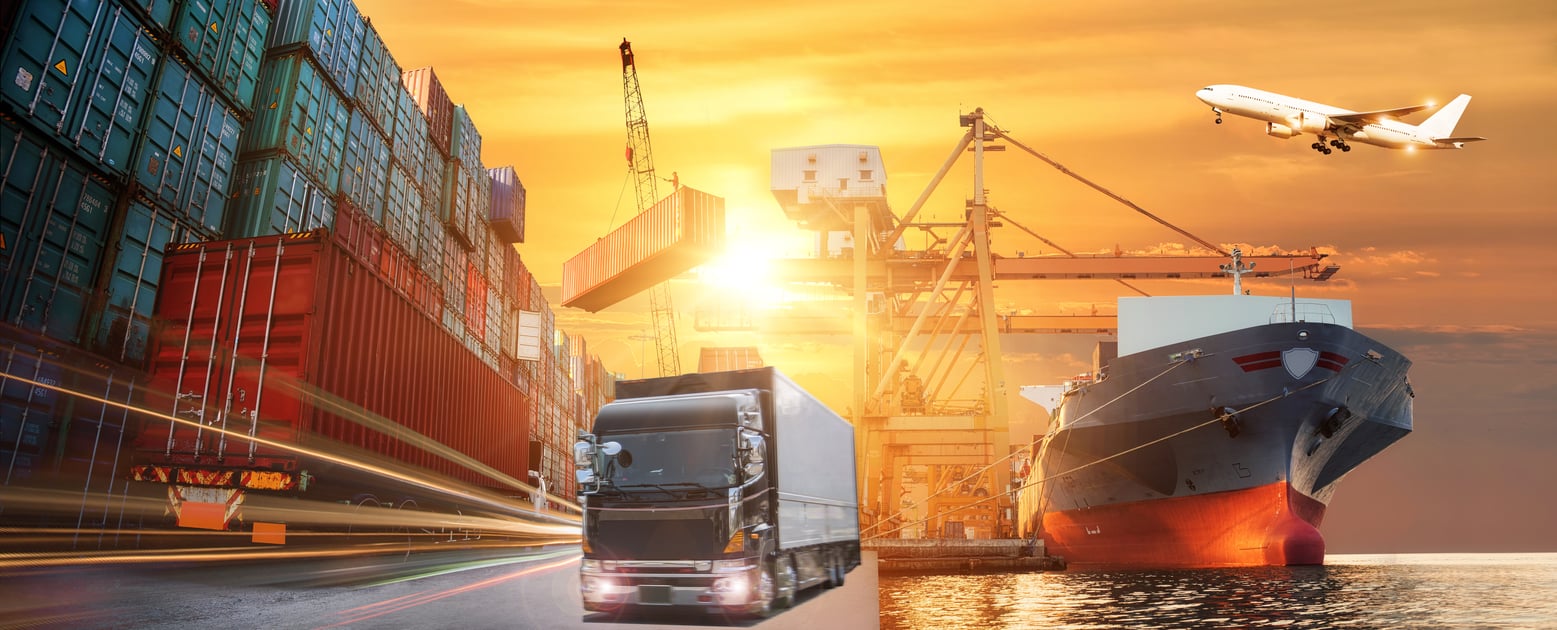Definition of a Foreign Trade Zone (FTZ)
A United States foreign trade zone is a designated area that is authorized by US Customs and Border Protection (CBP), where commercial product receives the same treatment as if it were outside the US.
Benefits of a FTZ
The ultimate benefits of a foreign trade zone are financially based in cost savings and improved cash flow under the following methods:
-
Deferment of Paying Tariff
Companies can defer paying duty on the product until it is sold and shipped outside of the confines of the FTZ.
Duty payment can be avoided if the product is shipped out of the FTZ to another country, without ever being consumed in the United States. In other words, the product is exported out of the FTZ.
Utilizing a foreign trade zone in this manner is a tremendous benefit for companies to avoid paying duties altogether versus having to file a duty drawback claim to request a refund of duties paid once the product is exported.
For those unfamiliar with the duty drawback process it requires mountains of paperwork documenting the payment of duty and subsequent export of the product, which takes a tremendous amount of time to fill out, additional fees paid to a processing agent and the time to receive the refund of duties paid.
Inverted tariff benefits become a factor if the finished good has a lower duty rate on it than the components. As an example the tariff rate of a car is 2.5%, yet the radio may be 8.0%. If the radio is brought into an automobile assembly plant that is designated as a FTZ, which all are, and it is put into the car during the assembly process the duty rate on the radio will be only 2.5% once sold and shipped to a dealer.
History of the Foreign Trade Zone
The foreign trade zone program was created through legislation in 1934 to expedite and encourage foreign commerce in the United States. In 1950, the FTZ legislation was amended to open up foreign trade zones in manufacturing.
Foreign Trade Zone Requirements
There is an application process for setting up a trade zone.
In the application a company will need to request the FTZ designation under the following conditions:
- Expansion or Reorganization
- Subzone / Usage Driven Site
- The FTZ will be used for the storage of product for either the deferment or avoidance of duty payments.
- Production Site
- The FTZ will be an assembly or manufacturing site used for duty inversion.
The FTZ is required to be secured in a manner that would make it difficult for the product to be taken out of the zone freely where there would be a risk duties would not be paid. Essentially this means the FTZ needs to be enclosed in fencing, with a single entrance.
A foreign trade zone requires its users to keep good records of the product moving in and out of the FTZ to ensure duties are being paid when the product is “exported” out of the FTZ.
Once the application is in, the processes of record keeping are established and the area is secured, a CBP agent will audit the site and either allow or deny FTZ authorization.
If denied, the operator will be given 30 days to make corrections and go through the audit process again for validation and then authorization.
Foreign trade zones are audited at least once a year by the US Customs and Border Protection Agency. Audits can either be announced or unannounced.
Other articles of interest:
About Foreign Trade Zones
Nearshoring Defined & Top 10 Benefits
IPI Freight Definition and Best Practices
ISO Container Definition and Facts
Comprehensive Supply Chain & Logistics Guide
CTPAT Defined in 100 Words

If you're ready to take the next step, at InTek Freight & Logistics, we can help. Just tell us what you need and we'll discuss how our expertise can help with the unique shipping challenges your business faces. Rather do a bit more research first? View our Freight Guides for comprehensive articles and eBooks on all things freight and logistics.



